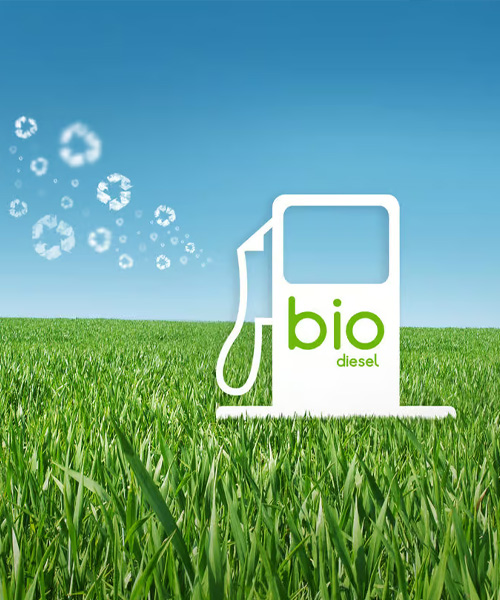

Biodiesel is a renewable energy source derived from natural oils and fats, typically obtained from plants such as soybeans, rapeseed, or palm oil. These oils undergo a process called transesterification, where they are chemically converted into biodiesel. Biodiesel can be used as a direct substitute for traditional diesel fuel or blended with petroleum diesel to reduce greenhouse gas emissions and dependence on fossil fuels.
One of the primary advantages of biodiesel is its environmental friendliness. It produces significantly lower levels of air pollutants, such as particulate matter and sulfur dioxide, compared to conventional diesel fuel. Additionally, biodiesel is biodegradable and non-toxic, making it safer for the environment in the event of spills or leaks.
